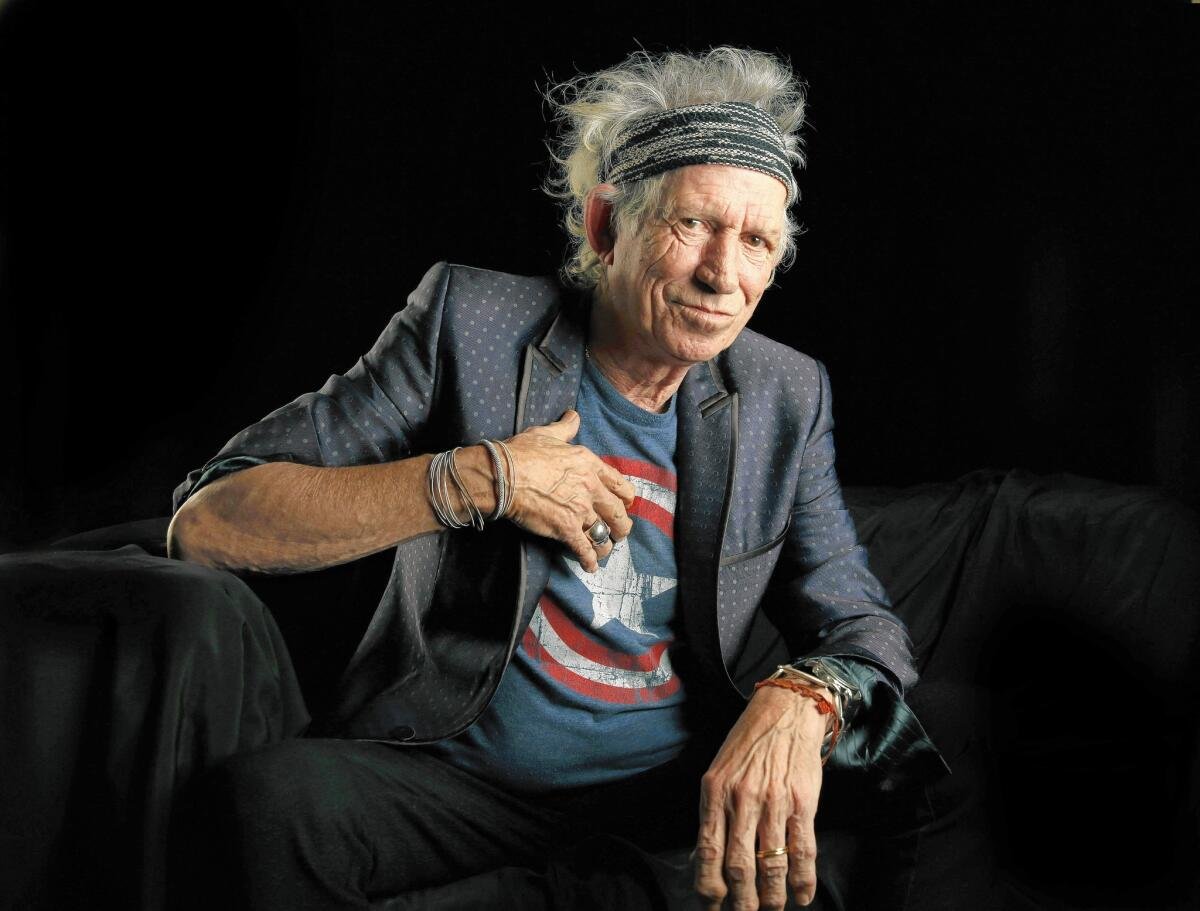One of the most remarkable things about the human condition is that Keith Richards is still alive today. Richards has come back stronger from experiencing every kind of excess the rock industry could provide, and he is still qualified to perform on whatever platform The Rolling Stones may take. Richards said that some of the Stones masterpieces may have benefited from medication, even though he was no longer sober.
However, many in the music world assert that drugs and creativity are inextricably linked. While drugs by themselves might not be a quick route to great rock music, many musicians have said that everything from cocaine to booze has been the ideal starting point for creating amazing music.
Given that The Rolling Stones were supposed to be The Beatles’ gritty opposite, Keith Richards would frequently use whatever substance he could get his hands on. Even while he insisted throughout his life that drugs had no positive effects on him, a lot of The Rolling Stones’ well-known 1960s songs also seemed to stem from drug use.
The band’s experimentation with acid seems to influence the psychedelic experience of listening to records such as Their Satanic Majesties Request, which helped to usher in the hippie movement. But Richards had started his dance with the devil after developing a severe heroin problem, even as they began to reconnect with their blues-infused origins on songs like Sticky Fingers and Exile on Main St.
With former Stones guitarist Brian Jones already asked to quit the band due to a lack of chemistry, it appeared that Richards would soon become just another victim of the rock and roll scene. For one of his most emotionally sensitive compositions, Richards thought heroin was the catalyst, even though the band generally had to wait for him to come up with the song’s basic idea from a single guitar riff.
The band’s return to creating powerful songs, such as the contentious “Star Star” and the devastating lament “Angie,” came after the enormous project of Exile on Main St. Goats Head Soup. Richards took the lead on “Coming Down Again,” even though Mick Jagger may have been able to sing some of the band’s best ballads.
Though he would later tell Rolling Stone that he never would have composed the song without the assistance of his heroin habit, Richards would not publicly discuss his drug misuse. He told, “I wonder about the songs I’ve written: I like the ones I did when I was on (heroin). I wouldn’t have written ‘Coming Down Again’ without that. I’m this millionaire rock star, but I’m in the gutter with these other snivelling people. It kept me in touch with the street, at the lowest level.”
Richards’ melancholy delivery of the song is ideal, even with Jagger’s lovely voice. Richards seems like he’s weathered the storm in this song, waiting for the ensuing withdrawal to pass before going back to his chemical muse, as opposed to talking about ending an uncomfortable relationship. ‘Coming Down Again’ is one of Richards’ most open songs to date, although he has been recovering for years.
